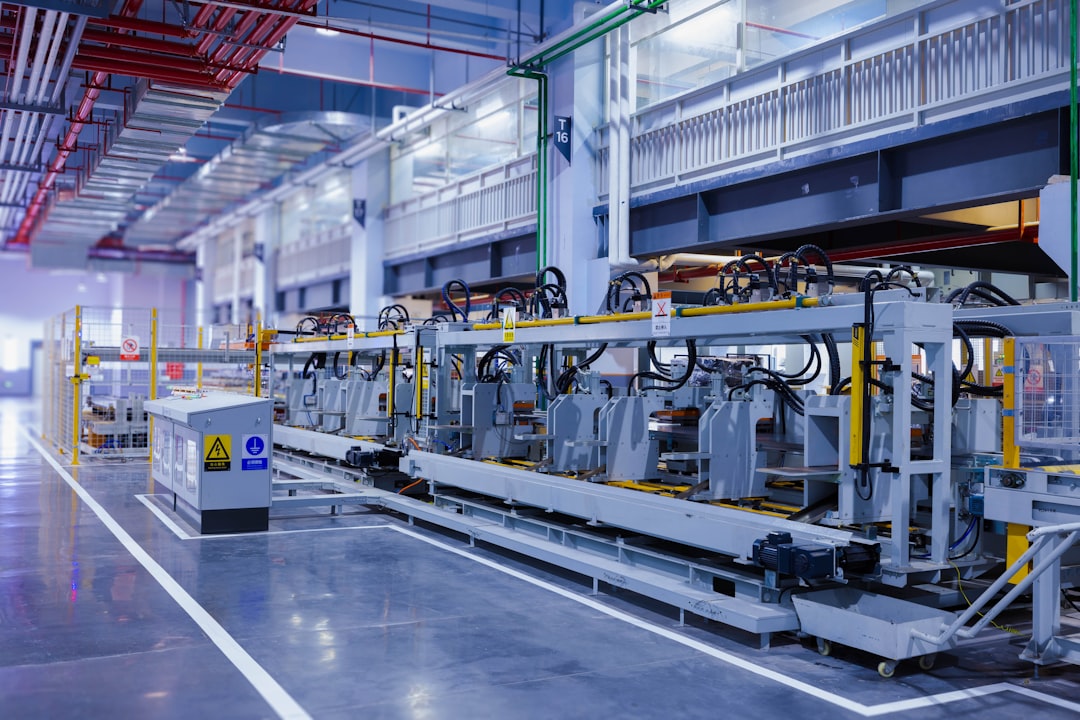Automation is rapidly transforming the landscape of work, promising increased efficiency and productivity, but also raising serious concerns about its impact on jobs and wages. This double-edged sword presents a complex challenge, demanding careful consideration and proactive strategies to mitigate potential negative consequences.
On one hand, automation offers significant benefits. Businesses can achieve higher output with reduced labor costs, leading to potentially lower prices for consumers. Repetitive, dangerous, or physically demanding tasks can be automated, freeing human workers for more creative and strategic roles. Furthermore, automation can drive innovation, spurring the development of new industries and creating entirely new job categories. Think about the rise of software developers, data scientists, and robotics engineers – all roles born from the advancements in automation.
However, the shadow of job displacement looms large. As machines become increasingly capable of performing tasks previously handled by humans, there’s a legitimate fear of widespread unemployment, particularly for those in low-skill or routine-based occupations. This displacement can exacerbate existing inequalities, disproportionately impacting low-income workers and widening the gap between the rich and the poor. The transition isn’t always seamless; retraining and upskilling initiatives are crucial, but they often lag behind the speed of technological advancements.
The impact on wages is equally complex. While some high-skilled jobs related to automation may see increased compensation, the overall effect on wages can be deflationary. Increased productivity doesn’t always translate to higher wages for all workers, especially if automation leads to a surplus of labor. Competition for jobs could drive wages down, potentially eroding the middle class and increasing economic instability.
Navigating this challenge requires a multi-pronged approach. Governments need to invest heavily in education and retraining programs, equipping workers with the skills needed to thrive in an automated economy. Policies promoting lifelong learning and adaptable skill sets are essential. Social safety nets, such as universal basic income, deserve serious consideration as a means of supporting individuals displaced by automation.
Businesses also have a responsibility. Investing in employee training and development is not only ethically responsible but also strategically beneficial. A workforce equipped to adapt to changing technological demands is more productive and innovative. Companies should prioritize human-centered automation, focusing on augmenting human capabilities rather than simply replacing them.
The future of work in an age of automation is not predetermined. By proactively addressing the challenges and embracing the opportunities, we can harness the power of automation to create a more prosperous and equitable society. This requires collaboration between governments, businesses, and individuals, a shared commitment to a future where technology serves humanity, not the other way around. The conversation surrounding automation’s impact must continue, fostering open dialogue and innovative solutions to ensure a just and equitable transition.











